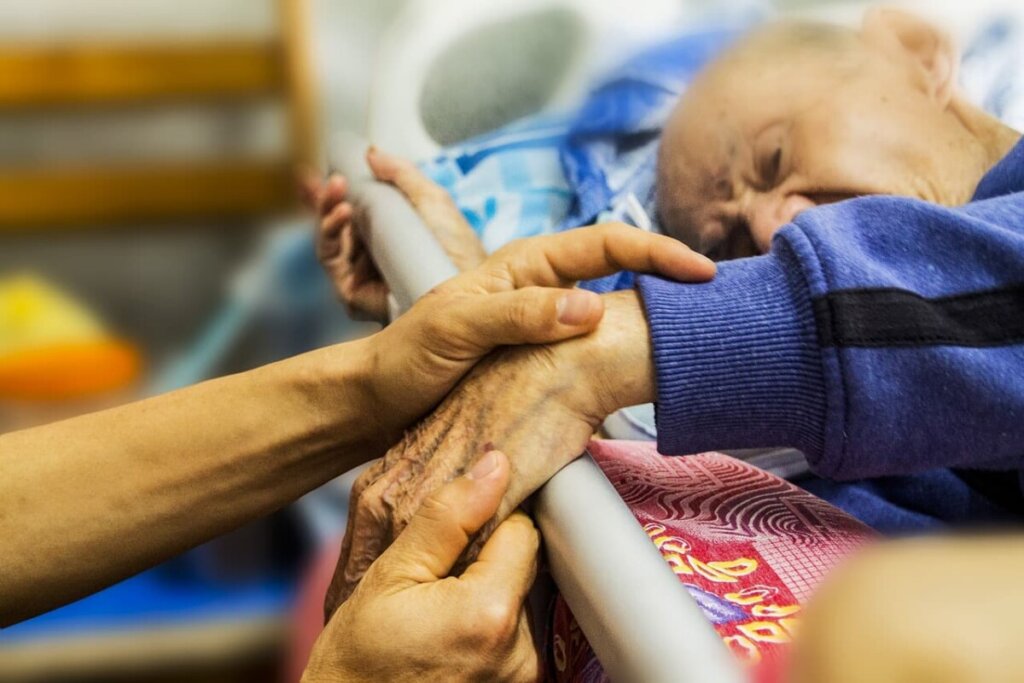 Pain management is a crucial component of hospice care, as many hospice patients experience pain due to their illness or condition. Effective pain management choices can help alleviate the physical and emotional suffering of patients and improve their quality of life. Here are some of the most practical and effective pain management choices used in hospice care.
Pain management is a crucial component of hospice care, as many hospice patients experience pain due to their illness or condition. Effective pain management choices can help alleviate the physical and emotional suffering of patients and improve their quality of life. Here are some of the most practical and effective pain management choices used in hospice care.
Medications
Medications are the most commonly used pain management choice in hospice care. They are prescribed by physicians and may include opioids, non-opioid analgesics, and adjuvant medications. The choice of medication and dosage depends on the patient’s individual needs and preferences. Medications can help reduce pain and improve the patient’s comfort.
Heat and Cold Therapy
Heat and cold therapy is a non-pharmacological pain management choice that involves the application of heat or cold to the body to alleviate pain. Hot packs, warm baths, or warm compresses can help reduce muscle spasms and stiffness, while cold packs or cold compresses can help reduce inflammation and swelling. Heat and cold therapy is particularly effective for patients with musculoskeletal pain.
Physical Therapy
Physical therapy is a form of rehabilitative treatment that can help alleviate pain caused by musculoskeletal problems. Physical therapists can use exercises and other physical techniques to improve strength, flexibility, and range of motion, and reduce pain. Physical therapy can be particularly effective for patients with chronic pain.
Massage Therapy
Massage therapy involves the manipulation of soft tissues in the body to reduce pain, promote relaxation, and increase blood flow. Hospice patients with neuropathic pain or muscle spasms can benefit from massage therapy. However, it is important to consult with a physician or a certified massage therapist to determine the appropriate massage technique and pressure to use.
Relaxation Techniques
Relaxation techniques such as deep breathing, guided imagery, and progressive muscle relaxation can help reduce pain and promote relaxation. They are particularly effective for patients with chronic pain. Relaxation techniques can be easily learned and practiced by patients themselves, and can be incorporated into their daily routine.
Acupuncture
Acupuncture is a complementary therapy that involves the insertion of needles into specific points on the body. It can help reduce pain, promote relaxation, and increase blood flow. Acupuncture is particularly effective for patients with cancer-related pain. However, it is important to consult with a physician or a certified acupuncturist to determine the appropriate treatment plan.
Spiritual Care
Spiritual care can be an essential part of pain management in hospice care. Hospice chaplains can provide support and comfort to patients and their families by addressing their spiritual and emotional needs. Spiritual care can help patients cope with pain and other symptoms by providing a sense of comfort and meaning.
Counseling and Support
Counseling and support can be an important part of pain management in hospice care. Hospice social workers and psychologists can provide counseling and support to help patients and families cope with pain and other symptoms. Counseling and support can help patients and families understand their options and make informed decisions about their care.
There are many practical and effective pain management choices used in hospice care. Medications, heat and cold therapy, physical therapy, massage therapy, relaxation techniques, acupuncture, spiritual care, and counseling and support can all help reduce pain and promote comfort for hospice patients. The choice of technique or combination of techniques used will depend on the patient’s individual needs and preferences. By providing effective pain management, hospice care can improve the quality of life for patients during this important stage of life.








